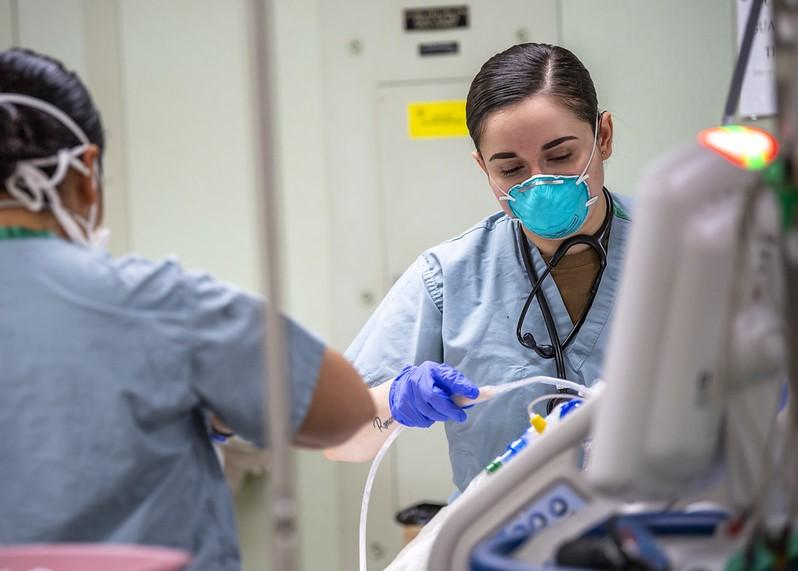Data from general practitioners (GPs) in England over a 4-year period show 2% of antibiotic prescriptions were for respiratory syncytial virus (RSV) infections, mainly in young kids and older adults, despite the fact that antibiotics don't target viruses, researchers reported today in the Journal of Antimicrobial Chemotherapy.
Using antibiotic prescribing data from the Clinical Practice Research Datalink (CPRD) and weekly counts of laboratory-confirmed respiratory infections, a team led by researchers at Imperial College London estimated weekly antibiotic prescriptions attributable to RSV by GPs from December 29, 2014, to December 30, 2018. CPRD represents roughly 23% of the English population and broadly reflects national demographics.
The researchers found that 2.1% of all antibiotic prescriptions and 4.3% of respiratory antibiotic prescriptions were attributable to RSV infection across all ages, amounting to an annual average of 639,908 antibiotic prescriptions per year. Infants aged 6 to 23 months had the highest rates of RSV-attributable prescriptions, with an annual average of 6,580 prescriptions per 100,000 individuals. Adults aged 75 and over had the highest annual volume of RSV-attributable prescriptions at 149,078.
Across all ages, penicillins accounted for the most RSV-attributable prescriptions, followed by macrolides and tetracyclines. Adults aged 65 and over were prescribed a wider range of antibiotic classes for RSV compared with younger age-groups, a finding the authors say may be related to the increased challenge of diagnosing RSV in that age-group.
Reducing RSV in older adults could cut antibiotic use
The study authors say that while it's unclear what kind of impact reducing RSV-attributable antibiotic prescribing will have on antimicrobial resistance, interventions to reduce RSV infections—namely vaccines and monoclonal antibodies—could complement UK efforts to reduce antibiotic prescribing in primary care by 5% by 2029.
"The largest potential reductions are in older adults, an age group for whom antibiotic stewardship is challenging," they wrote.

_0.jpg)












